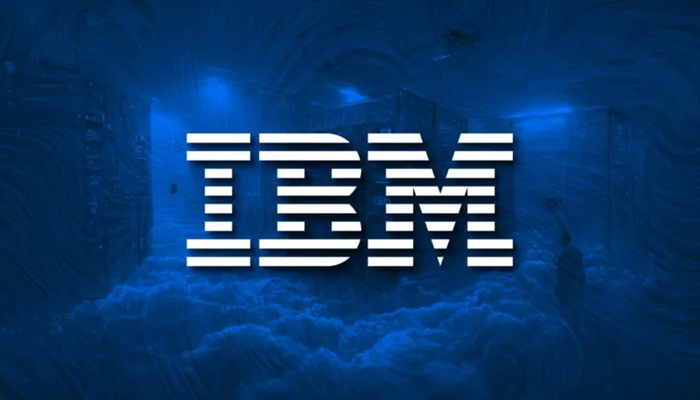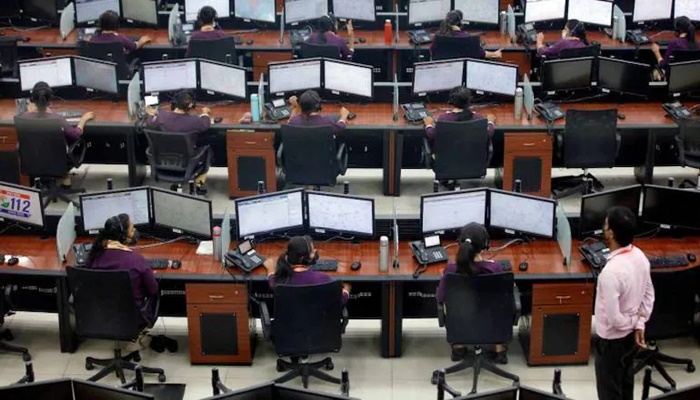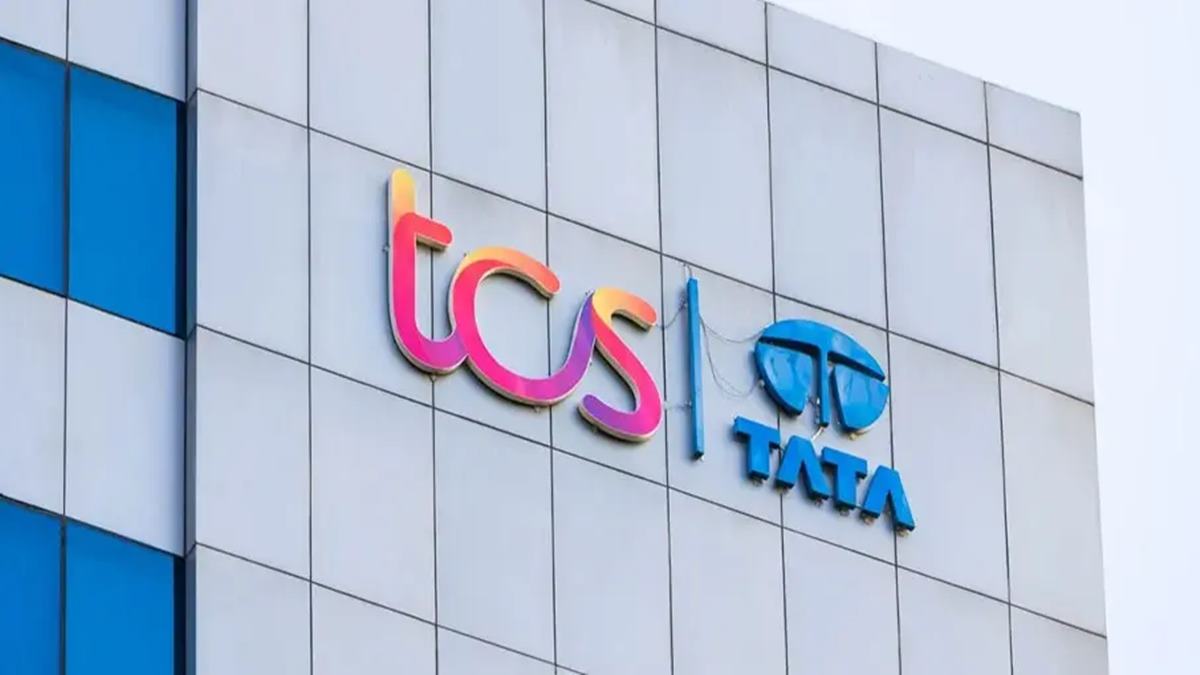The Bombay High Court emphasized that merely because an employee has retired, he/she must not be differently treated when it comes to genuine and realistic health expenditure.
The Court emphasized thus in a Writ Petition filed by a voluntary retired Central Government employee, in which the dispute arose from the reimbursement of expenditure incurred by him on a serious medical treatment of a “heart transplant.”
A Division Bench of Justice G.S. Kulkarni and Justice Advait M. Sethna held, “In many of such reimbursements, there may not be any issue or dispute on the amount of reimbursement, however, this would not mean that in very peculiar, serious, specialized cases of medical treatment, the reimbursement needs to be only as per the rates which are pre-determined. This would be most unrealistic, unfair and discriminatory as in the present situation. Any employee, merely because he has retired, ought not to be differently treated when it comes to genuine and realistic health expenditure. There is another aspect that the reimbursement rates are not revised from time to time in the absence of which, they are rendered unrealistic.”
The Bench noted that in a situation to save his life, the Petitioner was entitled to take a decision to have a heart transplant at a private hospital, in the absence of such facilities being readily/timely made available, in all the empanelled hospitals.
Senior Advocate Prakash Shah represented the Petitioner while Advocate Y.R. Sharma represented the Respondents.
Brief Facts
The Petitioner was a senior citizen and a pensioner who obtained a voluntary retirement from the post of Assistant Commissioner, Central Excise and Customs, Pune. The issue which arose for consideration was whether in the inescapable and pressing situation, the Petitioner having undergone a heart transplant at a private hospital, could be denied and/or not given full reimbursement of the medical expenses incurred by him for such major treatment. The question was also as to whether the rigors of normal rule of medical reimbursement should make a way for the case to be considered as a special case, for grant of full reimbursement. The Petitioner had voluntary retired from Central Excise and Customs, Pune, as an Assistant Commissioner in March 2008 and was receiving pension. He was based in Mumbai and in 2011, Government of India, Ministry of Health and Family Welfare (MOHFW) notified a fresh empanelment of private hospitals and a corrected list of package rates applicable for empanelled hospitals under the Central Government Health Scheme (CGHS).
The Petitioner was suffering from Cardiomyopathy since 2009 and in 2019, upon a significant deterioration in the Left Ventricle Ejaculation Function (LVEF), which declined to 12–15%, a team of doctors associated with a Heart Transplant Surgeon, advised the Petitioner to undergo a heart transplant. It was contended that at the relevant time, neither Government Hospitals nor the CGHS-empanelled Super Speciality Hospital, namely Wockhardt Hospital situated at Mumbai Central, was performing heart transplant surgeries. Hence having no alternative, he availed treatment at the private hospital. He then addressed a latter in 2020 to the Additional Director, CGHS Mumbai, recording that an estimate of Rs. 25,00,000/- was received by him towards the cost of heart transplant and requested a due consideration for such medical reimbursement. It was further contended that numerous correspondences were exchanged between the Petitioner and the CGHS. Being aggrieved by the rejection of his request for full reimbursement, the Petitioner was before the High Court.
Reasoning
The High Court in the above regard, observed, “… we are of the opinion that the impugned decision as taken by the High Power Committee denying the petitioner full reimbursement of the medical expenses incurred by the petitioner for the heart transplant on the ground that CGHS permitted rates are required to be followed, is not the correct and a legal stand of the respondents. Also the observation of the High Power Committee that the procedure of heart transplantation was a planned surgery and not an emergency, hence, the reimbursement has been done as per CGHS extant rules and guidelines, are the only reasons on which full reimbursement under relaxation of rules has been rejected.”
The Court was of the view that the case of the Petitioner ought to have been considered by the High Power Committee.
“From the contents of the aforesaid Office Memorandum and even otherwise, we fail to understand as to how a requirement of heart transplant cannot be considered to be an extraordinary and not an emergent and inevitable surgery, as a heart transplant is required only when the heart is failing, the consequences of which are just to be imagined”, it further remarked.
The Court said that in the absence of any specific legislation, exercise of such power and more particularly for preservation of fundamental rights necessarily has a legitimate constitutional recognition.
“The present case indisputedly is a case of heart transplant which by all standards is a serious ailment. Certainly, the surgery is one of urgency and critical importance, and could not have been postponed. It is a special circumstance. It is imperative that such surgeries are expedited in the interest of human life without an embargo of an expenditure which is secondary to human life”, it added.
The Court also said that the Petitioner rightly preferred not to wait in such uncertainty and availed of the heart transplant at the private hospital.
“… the petitioner was required to be granted full reimbursement of all the expenditure, when such expenditure was not in dispute. Not granting full reimbursement, in these circumstances in our opinion, is not only violative of the fundamental rights but strikes at the very root, purpose and essence of these basic human rights as guaranteed by the Constitution, i.e., Right to Life under Article 21”, it held.
The Court noted that the Central Government is under an obligatory position to grant reimbursement on case to case basis.
Moreover, the Court said that the Petitioner cannot be deprived of benefits of medical reimbursement when he received treatment at private hospital, more particularly, when his case is accepted as a genuine case, which was certainly of an urgent nature.
“… the High Power Committee ought to have been humanely sensitive in dealing with the petitioner’s case and ought not to have adopted a mechanical and a narrow-minded approach. … Thus, we have no manner of doubt that looked from any angle, the petition needs to eminently succeed”, it concluded.
Accordingly, the High Court allowed the Writ Petition.
Cause Title- Anirudh Prataprai Nansi v. The Union of India & Ors. (Neutral Citation: 2025:BHC-AS:22550-DB)




















